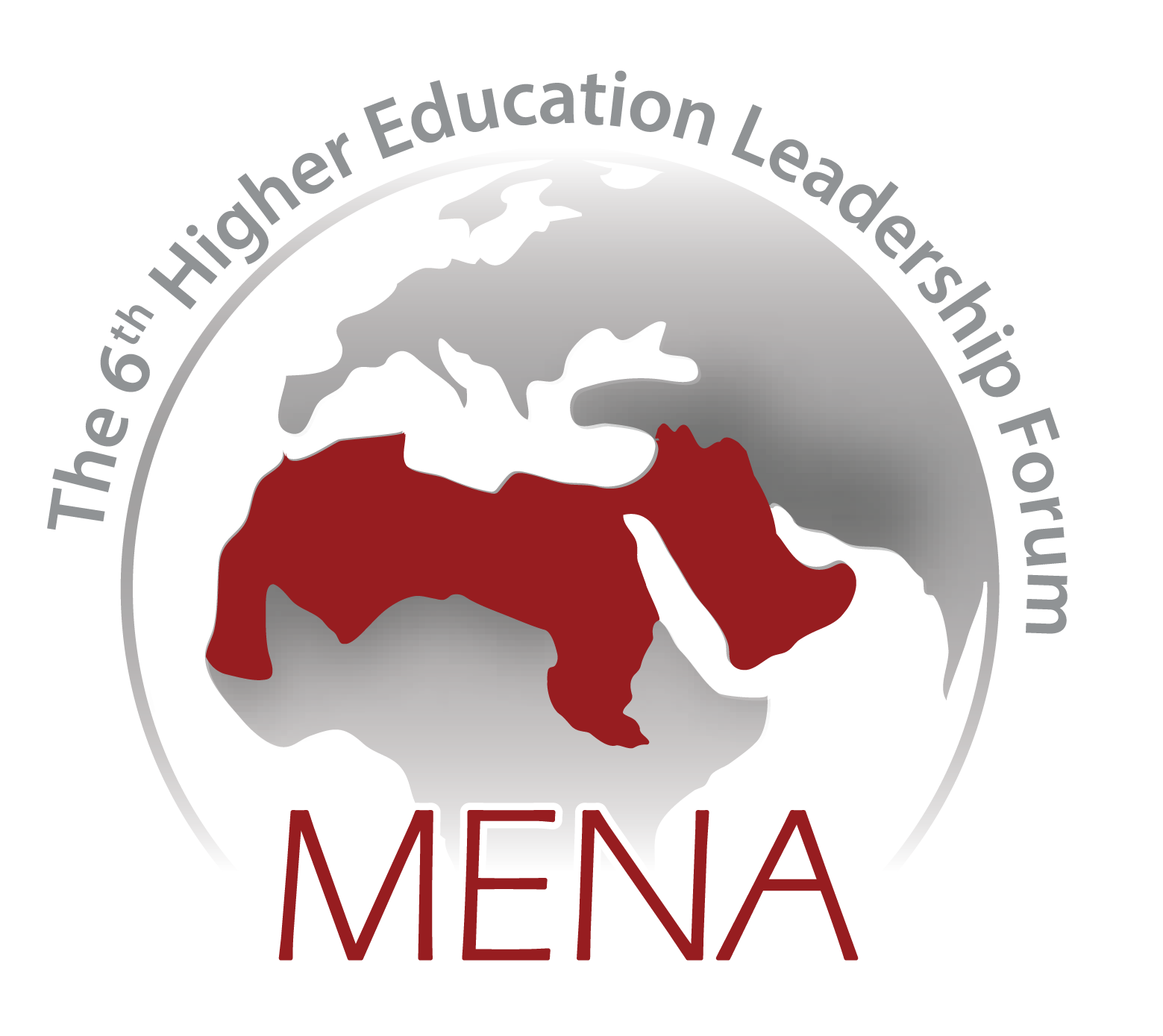[vc_row][vc_column][vc_tta_tabs active_section=\”1\” el_class=\”menahelf-tab\”][vc_tta_section title=\”Keynote Addresses\” tab_id=\”keynote-addresses\” el_class=\”menahelf-tab\”][vc_row_inner][vc_column_inner][vc_column_text]
Day 1 – 26th February, 2020:
Keynote Address-1: (Prof. Amr A Adly)
Keynote Address-2: (Prof. Mohamed Zairi)
Day 2 – 27th February, 2020:
Keynote Address-3: (Prof. Pedro Saraiva)
Keynote Address-4: (Dr. Larry Johnson)
Keynote Address-5: (Mr. Douglas Blackstock)
[/vc_column_text][/vc_column_inner][/vc_row_inner][/vc_tta_section][vc_tta_section title=\”Panel Discussions\” tab_id=\”panel-discussions\” el_class=\”menahelf-tab\”][vc_row_inner][vc_column_inner][vc_column_text]Panel-1: The Fourth Industry Revolution and the HE Ecosystem: The Changing Paradigms:
- Presentation by Chair: Prof. Ghassan Aouad
- Presentation by Dr. Kevin Mitchell
- Presentation by Prof. Makhanya Mandla
- Presentation by Prof. Khalid Al-Begain
- Presentation by Dr. Lahcen Haddad
- Educating for the Fourth and Future Industrial Revolutions
Panel-2: Looking Beyond the Fourth Industry Revolution: How to Plan the HE sector for Relevance in the Future:
[/vc_column_text][/vc_column_inner][/vc_row_inner][/vc_tta_section][vc_tta_section title=\”Round Tables\” tab_id=\”round-tables\” el_class=\”menahelf-tab\”][vc_row_inner][vc_column_inner][vc_column_text]Round Table-1:
Round Table-2:
- Empowering the Future Graduate: How can Universities Prepare Agile Lifelong Learners?
- A Glimpse into the Future of Smart Education
- The Digital Skills and the Future of Jobs 2020 – The Fundamental Growth Mindset
Round Table-3:
[/vc_column_text][/vc_column_inner][/vc_row_inner][/vc_tta_section][vc_tta_section title=\”Case Studies\” tab_id=\”case-studies\” el_class=\”menahelf-tab\”][vc_row_inner][vc_column_inner][vc_column_text]Track-1: The Fourth Industry Revolution and the HE Ecosystem:
- Institutionalization of Interdisciplinary Approaches in Higher Education: A Case Study of IQRA University of Pakistan
- Mergers and Acquisitions in Higher Education: Strengthening the Ability to Advance Institutions by Creating Mutually Beneficial Partnerships
- Evolution of the OAU African Center for Engineering Design Education (OAU-ACEDE)
- Internationalization through Digitalisation? – Strategical and Organisational Pre-Conditions for Student Experience Enhancement
- Digital Future Research Hub: A Multidisciplinary Research Program for Impactful Research
Track-2: Preparing Future Graduates through Re-Engineering Learning and Teaching:
- Developing An Employability Framework at Higher Education Institutions: Fostering Work Ready University Graduates for the 21st Century
- HCT 4.0 – Building a Comprehensive Learning Ecosystem
- Preparing Graduates for the Fourth Industry Revolution – A Case Study from Bahrain
- Pillars of the Liberal Arts Developing Skills for Fourth Industrial Revolution Employability in Abu Dhabi
- The University of the Future: University as a Service (UaaS) within an Open Innovation Ecosystem
Track-3: The Role of Universities in Re-skilling and Up-skilling the Workforce:
- Mentoring in Higher Education – A Case Study of IQRA University in Karachi
- How are Companies Supporting the Development of Universities for Upskilling of the Work Force? A Mini Case Studies in Asia and Africa and their Implementations
- Enhancing Skills Development and Employability for the 4th Industry Revolution: A University\’s Response in Nigeria
- Unemployability Crisis in Nigeria and Information Technology: A Case Study of the Impact of the OAU-ACE in ICT-Driven Knowledge Park
- Transformation of Medical Education for the Future: From Informative to Transformative
- Muscat University, Oman: Re-Skilling and Up-Skilling , Learning and Unlearning: New Approaches for a New Age
[/vc_column_text][/vc_column_inner][/vc_row_inner][/vc_tta_section][/vc_tta_tabs][/vc_column][/vc_row][vc_row][vc_column][vc_column_text]
[/vc_column_text][/vc_column][/vc_row]

